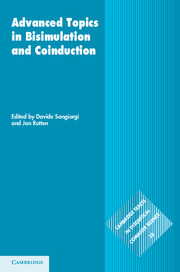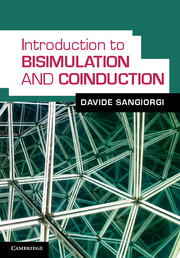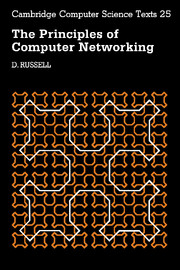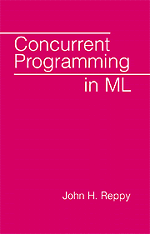Advanced Topics in Bisimulation and Coinduction
Coinduction is a method for specifying and reasoning about infinite data types and automata with infinite behaviour. In recent years, it has come to play an ever more important role in the theory of computing. It is studied in many disciplines, including process theory and concurrency, modal logic and automata theory. Typically, coinductive proofs demonstrate the equivalence of two objects by constructing a suitable bisimulation relation between them. This collection of surveys is aimed at both researchers and Master's students in computer science and mathematics and deals with various aspects of bisimulation and coinduction, with an emphasis on process theory. Seven chapters cover the following topics: history, algebra and coalgebra, algorithmics, logic, higher-order languages, enhancements of the bisimulation proof method, and probabilities. Exercises are also included to help the reader master new material.
- Provides a thorough treatment of the subject
- Surveys the state of the art in this burgeoning field
- Exercises help the reader to master new material as it is presented
- A perfect complement to the first editor's Introduction to Bisimulation and Coinduction (Cambridge University Press, 2011)
Product details
October 2011Hardback
9781107004979
340 pages
235 × 155 × 22 mm
0.61kg
20 b/w illus. 110 exercises
Available
Table of Contents
- Preface
- List of contributors
- 1. Origins of bisimulation and coinduction Davide Sangiorgi
- 2. An introduction to (co)algebra and (co)induction Bart Jacobs and Jan Rutten
- 3. The algorithmics of bisimilarity Luca Aceto, Anna Ingolfsdottir and Jiří Srba
- 4. Bisimulation and logic Colin Stirling
- 5. Howe's method for higher-order languages Andrew Pitts
- 6. Enhancements of the bisimulation proof method Damien Pous and Davide Sangiorgi
- 7. Probabilistic bisimulation Prakash Panangaden.






